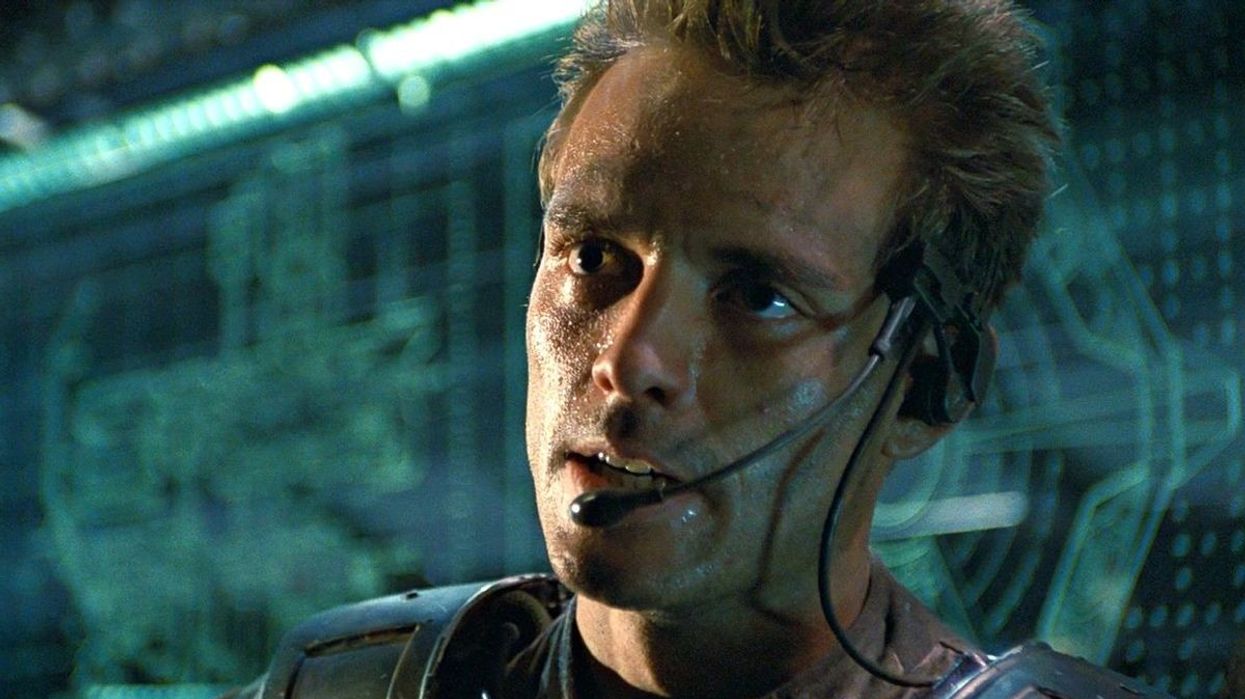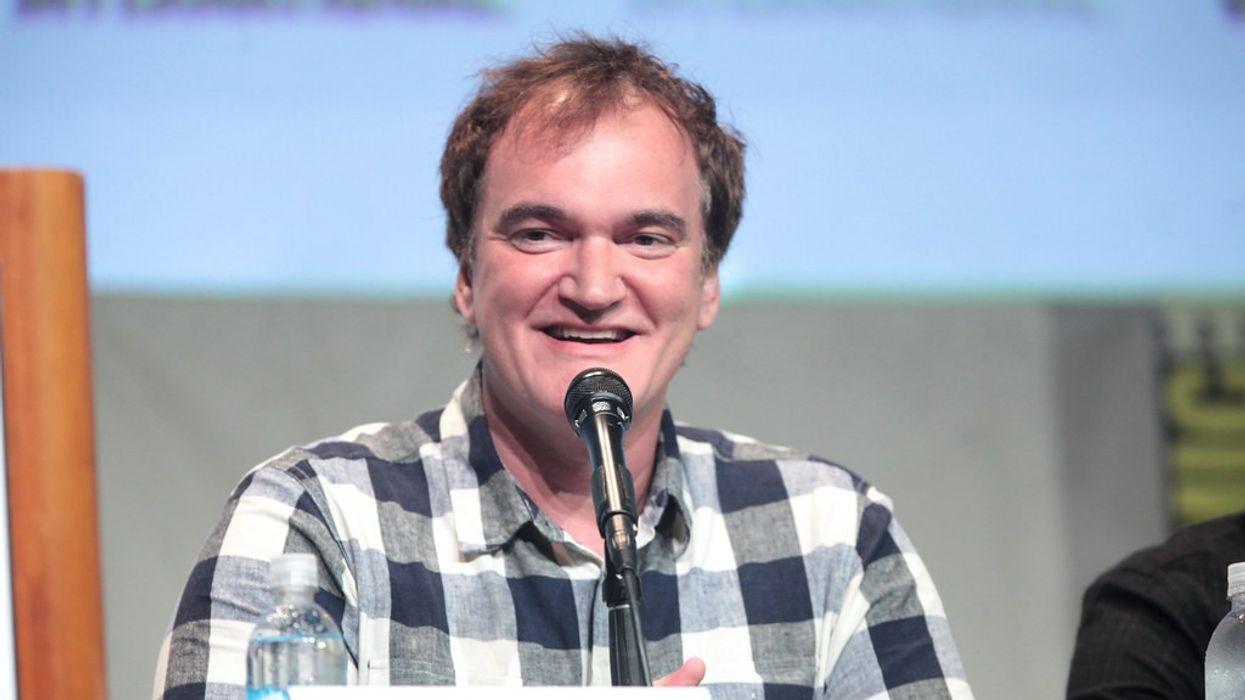Why Michael Biehn Thinks 'The Abyss' Is James Cameron's Biggest Disappointment
In a new interview, Michael Biehn says that Cameron was screwed by CGI and his imagination. Should The Abyss have won more awards?

It's safe to say that James Cameron is one of the most influential filmmakers of all time. Cameron prides himself on being both a box office draw and an innovator when it comes to creating unique experiences when it comes to the big screen.
But could Cameron's imagination have held him back from serious award contention early on?
Recently, The Hollywood Reporter sat down with James Cameron's one-time go-to actor Michael Biehn to talk about The Terminator star's lengthy career and he offered up what he believes to be Cameron's only misstep in Hollywood.
What did Biehn have to say about Cameron?
In the 1980s, Michael Biehn's star seemed to be on the rise. He did The Terminator, Aliens, and The Abyss, but outside of his James Cameron-directed roles, he wasn't able to find breakout success. Those are three of the biggest movies of the decade, and put Cameron on the map as a filmmaker. Cameron would have to wait until Titanic to achieve any wards recognition.
But Biehn seems to think that's a result of Cameron out-dreaming what's possible in reality.
When asked about The Abyss in his career retrospective, he told THR that he thinks the film was hamstrung by "technological limitations":
"It's the only misstep in Jim Cameron's career that I know of — the end of that movie. If that third act had been able to top that second act, there would have been Academy Awards all over the place," says Biehn.
Can mediocre VFX ruin a movie?
Those of you who are fans of The Abyss know that it was a technical achievement. In fact, it won an Oscar for Best Visual Effects for pioneering the very CGI Biehn seems to claim the movie needed a stronger version of.
The movie, which is about divers who encounter an alien life form on the bottom of the ocean, was incredibly hard to make. To simulate bottom-of-the-ocean conditions, Cameron and his crew created underwater tanks in an abandoned South Carolina nuclear facility.
Yeah, you read that right.
Since most of the movie is shot using practical effects and minatures, it does make sense that a full CGI spaceship that looks a little wonky would be off-putting to viewers. Still, because there was nothing like it at the time, it's hard to gauge how seeing the ship and the CGI involved mattered to an audience when the movie was released.
Moreover, Biehn would be more accurate to say that The Abyss' final third falls short because it lacks the narrative urgency and drama of the first and second acts. Bud (Ed Harris), the leader of the blue-collar group of deep-sea oil workers that have a close encounter with "NTIs" (readL oceanic-based alien life, spends most of the third act reacting to plot instead of driving it. Once he is rescued by the NTIs following a near-suicide mission to the deepest part of the abyss to stop a nuke from going off, Bud is a passive hero.
The theatrical cut's truncated third act, which rushes through Bud's ascent to the surface and making peace with his new friends, also struggles with shaking hands with the ambitions the Director's Cut set out to achieve. Cameron set up a ticking clock of sorts in his Director's Cut regarding a massive tidal wave threatening to wipe out mankind, one cause by the alien life below that witnessed so much hate and destruction caused by those above. It's Bud's love for his ex-wife, and his sacrifice despite that love, that encourages the aliens to literally press pause on their tsunami and allow humanity to continue existing.
All of these connections are given the proper pacing to breathe in the extended cut on DVD, and the wave that proved problematic in post 30 years ago gets its due finally in this new cut.
If anything, the theatrical version of The Abyss is a near-perfect movie undone slightly not by the technical limitations of the technology it helped test drive, but rather by the creative pressures of production and the narrative compromises Cameron had to make to service the needs of the studio and his vision.
It's safe to say that these limitations might have stuck with Cameron, even if they didn't stick with us, because we know he shelved Alita and Avatar until he believed the technology was right to create the most powerful version of the story.
Whether or not you think Cameron should have waited for the tech to catch up to his vision, Biehn had this to say about the man who put him on the map:
"People ask what's the biggest break you ever got? It wasn't that I got The Terminator, but that I met Jim Cameron."
Here's hoping we see them team-up together soon.











